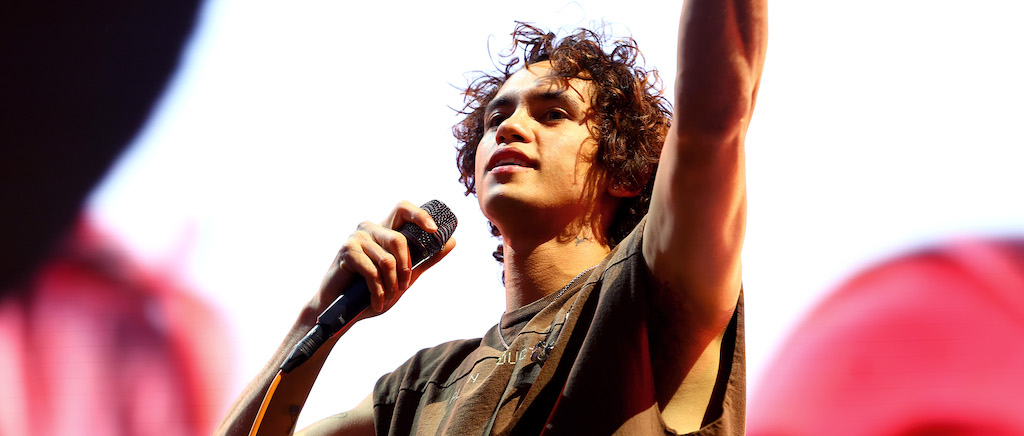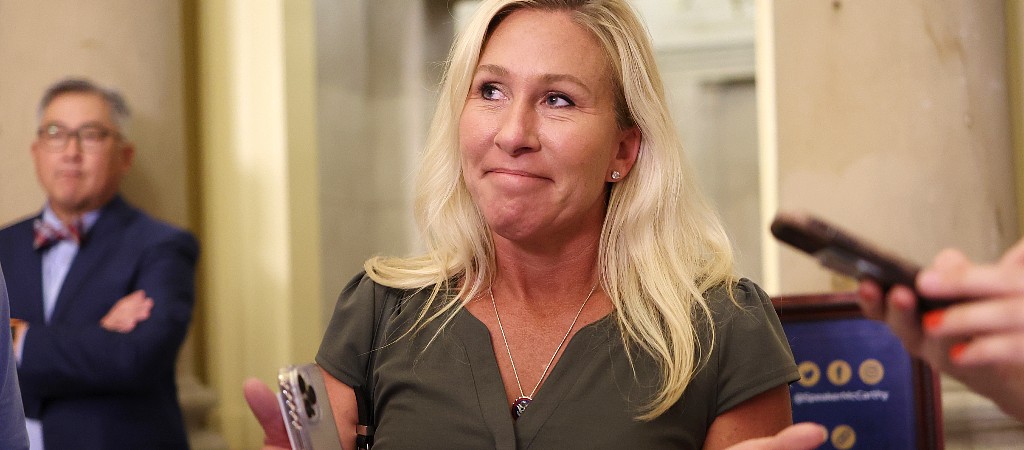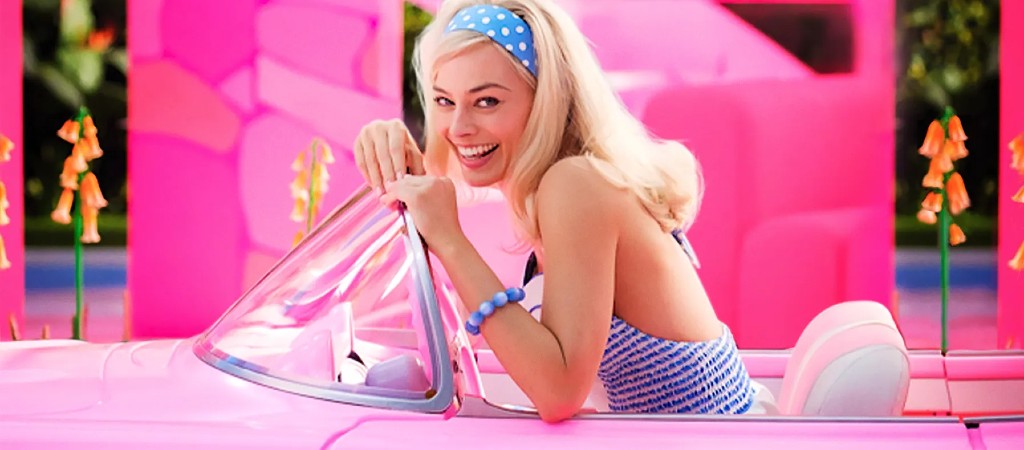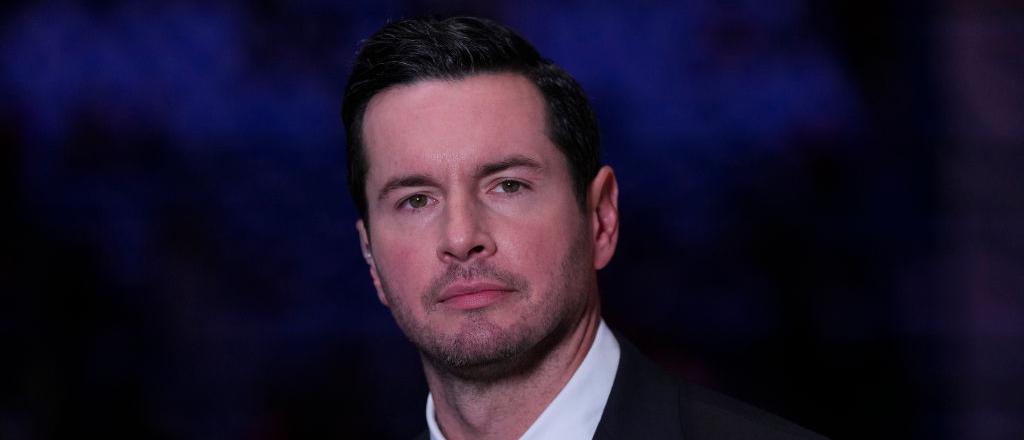Since it was first announced, it’s been widely suspected that the first big screen Barbie movie would probably be improbably smart. After all, its director’s previous film was an adaptation of Little Women. This weekend, Greta Gerwig’s take on the Mattel doll — which she wrote with her partner, Marriage Story’s Noah Baumbach — finally hits theaters (at the same time as Oppenheimer, if you haven’t heard). The first reactions to the film were out of this world. And the reviews are, for the most part, strong, too.
Most of the raves admit there are imperfections, such as the one from IndieWire:
Gerwig and Baumbach’s venture into the Real World is absolutely necessary — it unlocks the film’s thesis after besieging us with diverting fun, gives us the darling Greenblatt and her Barbie-obsessed mom Gloria (America Ferrera, who runs off with the film’s last act), and allows Will Ferrell to go nuts as the wacky (male!) CEO of Mattel. However, it’s not nearly as fun, fantastic, and entertaining as the rich world of Barbie Land — that’s the point. Thankfully, we’re back there soon enough, though it’s been hugely altered by the full force of a returning (and, dare we say it, red-pilled) Ken, who uses all his newfound male rage and patriarchal power to upend what was once a lady-powered idyll. Barbie? She’s having a bad day.
Ditto Entertainment Weekly:
Still, Barbie works hard to entertain both 11-year-old girls and the parents who’ll bring them to the theater. Gerwig co-wrote the script with her partner and longtime collaborator Noah Baumbach, and the entire screenplay is packed with winking one-liners, the kind that reward a rewatch. The fear is that Hollywood will learn the wrong message from Barbie, rushing to green light films about every toy gathering dust on a kid’s playroom floor. (What’s next, The Funko Pop Movie? Furby: Fully Loaded? We already have a Bobbleheads movie, so maybe we’re already there.) But it’s Gerwig’s care and attention to detail that gives Barbie an actual point of view, elevating it beyond every other cynical, IP-driven cash grab. Turns out that life in plastic really can be fantastic.
And right here at Uproxx:
Make no doubt about it, Barbie is a very weird movie. One I enjoyed very much. And quite possibly the weirdest studio movie I’ve ever seen based on a product that another company is very much still hoping to sell. (I truly imagine some sort of urgent phone call at some point, “Um, yeah, so we have some notes about the CEO of Mattel character?“) I can’t get over the fact that Will Ferrell plays the CEO of Mattel as a bumbling oaf who loves tickle-fights…Again, I can’t believe Gerwig got away with this. And that’s not to say there’s no love for this character – there obviously is – but it’s not often we get this amount of social commentary squeezed directly from the company that licensed the movie. And I don’t want to make it sound heavy-handed. I saw this movie somewhat early in the morning after a night of little sleep and I legitimately laughed out loud at least ten times. I truly don’t know what audiences expecting a straightforward Barbie movie will make of all this. But I, for one, hope Warner Bros. and Mattel let Gerwig and Baumbach make five more of these.
Same with Variety:
Check out the brain on Barbie! Sure, she’s just a doll, but that doesn’t mean she has to be an airhead. Therein lies “Lady Bird” director Greta Gerwig’s inspired, 21st-century solution to bringing one of America’s most iconic playthings to life on the big screen. Combine that with the casting of Margot Robbie in the title role, and “Barbie” is already starting out on the right, perfectly arched foot. So what if this high-concept comedy falls a bit flat in the final stretch?
And RogerEbert.com:
But while “Barbie” is wildly ambitious in an exciting way, it’s also frustratingly uneven at times. After coming on strong with wave after wave of zippy hilarity, the film drags in the middle as it presents its more serious themes. It’s impossible not to admire how Gerwig is taking a big swing with heady notions during the mindless blockbuster season, but she offers so many that the movie sometimes stops in its propulsive tracks to explain itself to us—and then explain those points again and again. The breezy, satirical edge she established off the top was actually a more effective method of conveying her ideas about the perils of toxic masculinity and entitlement and the power of female confidence and collaboration.
Some reviews are more notably mixed, including the one at The New York Times:
Gerwig handles the transition between realms smoothly, but even in this bouncy, happy movie, reality proves a bummer. It’s amusing when Barbie points out a billboard filled with women, mistaking them for the Supreme Court because that’s what the court looks like in Barbie Land, just with more pink. She learns how wrong she was, which is to Gerwig’s point. But the weight of our world, emblematized at least for this viewer by the real Court’s overturning of Roe v. Wade, proves unbearably heavy. However politically sharp, the gag is an unpleasant reminder of all the profoundly unfunny ways in which this world, with its visible and invisible hands, tries to control women, putting them into little boxes.
The same with The Hollywood Reporter:
The film largely avoids treading familiar ground (I’m thinking specifically of Life-Size, Disney’s early-aughts attempt at the doll-interacting-with-human thing) or becoming what it mocks because of Gerwig and Noah Baumbach’s smart screenplay, which sprinkles winking jokes throughout. The moments that aren’t just laughing at and with the crowd, however, are shoved into long, important monologues that, with each recitation, dull the impact of their message. The gestures feel politically hollow because the reality is that a film with this mandate just can’t do it all.
And Deadline:
However, just like the world’s environment, this is an imperfect film. It stumbles somewhat in its handling of its characters of color. They mostly are used as devices to push the Stereotypical Barbie and Ken narratives forward, which sideline the notion that humanity should act as equals. I am willing to give the benefit of the doubt because maybe that was the point? That type of visibility does reflect the state of the world, for the most part.
There also are periods of the film that lag. There is a tight 95-minute movie here, but it’s crammed with pointless dance scenes and musical numbers that are just filler and nothing else. But despite the shortcomings, the film’s concluding segments offer a nuanced approach, where both women and men collaboratively fix their own communities, based on the lessons they’ve learned. This illustrates a vision of collective action and a hope for a future where everyone actively participates in creating a better world.
Will audiences feel the same way? More importantly, will those doing doubles with Oppenheimer feel whiplash from seeing an unnecessarily brainy movie about Barbie paired with a downer about the inventor of the most dangerous weapon ever invented by humans? Time will tell.








